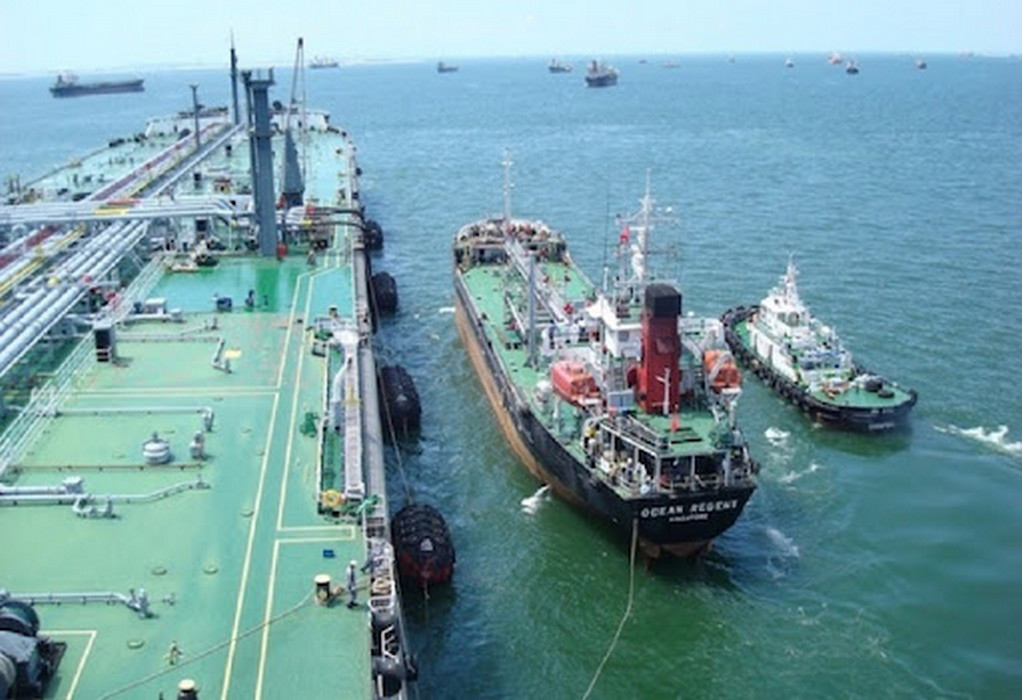The Clean Marine Fuels (CMF) Working Group of the International Association of Ports and Harbors (IAPH) has published a series of bunkering checklists for alcohol-based fuels, including methanol.
Methanol, which can be carbon-neutral when produced from sustainable hydrogen and carbon dioxide (CO2) by direct air capture (DAC), has been used as a fuel alternative in the shipping industry on a small scale since 2015.
However, it is expected to become more popular in the next 10 years given the significant number of ordered dual-fuel ships, which can use methanol alongside traditional marine fuels.
The CMF, a voluntary working group within the IAPH, has just completed work on developing safety tools for methanol and other alcohol-based fuels used as marine fuel. These include a total of seven safety bunkering checklists for ship-to-ship, as well as truck-to-ship transfer scenarios.
The working group began by creating bunker checklists for liquefied natural gas (LNG), and have used this expertise to develop checklists for other new alternative fuels, including liquefied biogas (LBG) and liquid hydrogen (LH2), all of which have been available on the IAPH World Ports Sustainability Portal since last November.
All CMF bunkering checklists pass through a process of industry consultation where they are sent to classification societies, other NGO experts, and bunker operators for feedback.
Tags: CMF, CO2, IAPH, Methanol, Methaol

Recent Posts
Carbon Clean building carbon capture units
Amazon adopts green hydrogen for carbon neutrality
Kenoil to test biobutanol marine fuel
Hefring Marine develops AI tool to reduce fuel usage for maritime platforms
MPA, Fortescue complete propulsion and manoeuvrability trials
Aluminium sector requires $29 bn investment for netzero emissions
Fortescue launches its first US green hydrogen production facility
Alfa Laval advances fuel transition with FCM Methanol